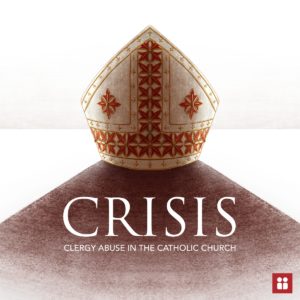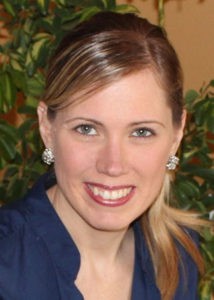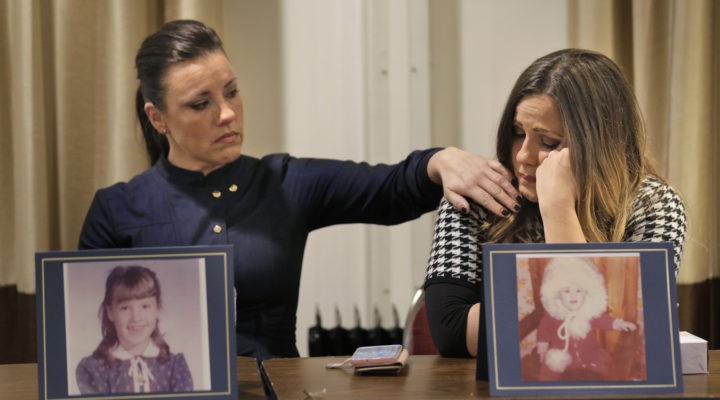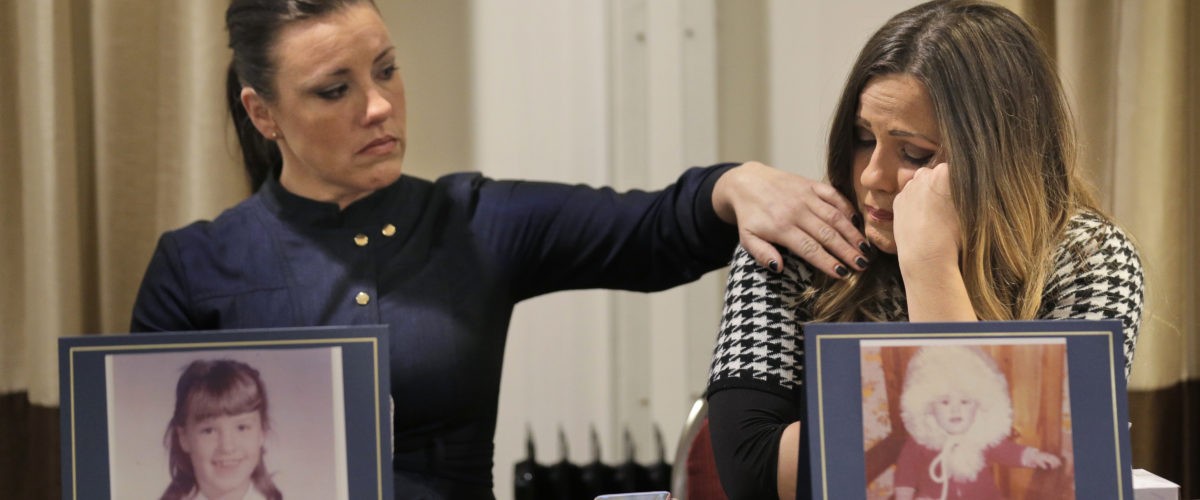Revelations in the summer of 2018 that Cardinal Theodore McCarrick, a high-ranking and well-known cleric in the U.S. Catholic Church, had abused minors and seminarians throughout his career ignited a firestorm of turmoil. A grand jury report that same summer from Pennsylvania’s attorney general outlining years of abuse and cover up by the church, and accusations from an archbishop that Pope Francis had knowingly furthered McCarrick’s career, added fuel to the outcry for change.
These events and the history leading up to them are the focus of “Crisis: Clergy Abuse in the Catholic Church,” a 10-part podcast premiering Sept. 9. The podcast is the work of The Catholic Project, an effort started by The Catholic University of America in Washington, D.C., to address those events. Producers say that while the podcast focuses specifically on the Catholic church in the United States, there should be broad interest in its content.
‘Not just for Catholics’
 “I think this is an important podcast, not just for Catholics, but I think for everyone,” said Karna Lozoya, podcast host. “When you look at the prevalence of sex abuse in our culture — and I don’t have specific numbers for you — but when we spoke to researchers about this issue, they emphasized that this is a widespread problem in society. We are living in a hyper-sexualized world, and it is important to maintain vigilance and make sure we are protecting those who are most vulnerable to sexual abuse and assault.”
“I think this is an important podcast, not just for Catholics, but I think for everyone,” said Karna Lozoya, podcast host. “When you look at the prevalence of sex abuse in our culture — and I don’t have specific numbers for you — but when we spoke to researchers about this issue, they emphasized that this is a widespread problem in society. We are living in a hyper-sexualized world, and it is important to maintain vigilance and make sure we are protecting those who are most vulnerable to sexual abuse and assault.”
Lozoya said that while the #MeToo movement has shown a light on abuse in the secular world and especially in Hollywood, the “Crisis” podcast illuminates what happens when the “bad actors” are leaders in a community that many people identify with closely.
“When a pastor commits sexual abuse, there’s a different level of disillusionment, and we deal with that as well in the podcast. It is different when it happens in the church,” she said.
Lozoya, a career Catholic journalist and communicator, arrived at The Catholic University to begin work as their executive director of strategic communications just as the story was breaking in 2018.
“It absorbed my entire bandwidth for the first six months of my job,” she said.
Conversations with university President John Garvey about how the university should respond to the situation led to creation of The Catholic Project as a means for clergy and laity to come together to address some of the more difficult issues in the church, with sex abuse being the first topic.
“We wanted to help particularly Catholics but then also people outside the church to really get their heads around the sex abuse crisis.”
“We wanted to help particularly Catholics but then also people outside the church to really get their heads around the sex abuse crisis,” Lozoya explained. “We wanted to give people a way to process the information. We wanted to help people … think through all the different aspects of the sex abuse issue.”
In interviews with more than 30 people — survivor victims, family members, high-ranking church officials, bishops and priests, social workers, volunteers, laity and journalists — the podcast begins with the events of 2018 and then traces the history of the crisis from the 1950s.
“You have these milestones of the church’s response, and we examine each one of those and what happened and what didn’t happen, and what progress has been made in each moment, what still needed to be done, what still needs to be done now,” Lozoya said. “And it’s not over because as long as we’re human, I think we’re going to have issues, but the key is to maintain that vigilance to be able to talk about it, to be able to address it, to implement best practices to prevent it. These are the types of things we also talk about.”
Podcasting as an art form
Lozoya said the podcast format was chosen over print or video in part because audio interviews seemed less intrusive than video sessions.

Karna Lozoya
“One of the things we wanted to make sure we did is talk to as many people as possible,” she said. “We didn’t want it to come from one perspective, especially when you’re dealing with an issue as sensitive as this. There are a lot of different perspectives and experiences.”
But another consideration was the “art” of podcasting.
“Podcasts increasingly are becoming the storytelling platform of our generation,” she said. “There is a certain art that’s kind of emerging out of the podcast world that we found fascinating and thought would be a really good platform for this story.”
Lozoya said they had wanted to launch the podcast a year earlier, but delays turned out to be beneficial because it gave interviewees time to reflect and gain perspective.
“I think as a church, we’re processing this information and our thoughts on it — on the reasons for it, on what we should do now, on how to make sure our seminarians are formed correctly, on how we even allow seminarians into a seminary, on the types of bishops we have and how we communicate between clergy and laity,” she said. “All these types of issues, we’ve been thinking about them for two years, so you’re going to get a lot of thoughts that have matured and developed.”
While the story may be familiar to those who have followed it, Lozoya said there will be some new information.
“As we get into the analysis, and we start looking at it from different perspectives, I think toward the end you’re going to see some perspectives that haven’t been discussed yet,” she said. “I think anyone who listens to this is going to find it extraordinarily interesting and will find insights that apply to their own situation.”
The podcast is available to listeners through most podcast portals and apps or by going to the The Catholic Project website: https://catholicproject.catholic.edu
Related articles:
Sexual abuse in the SBC: what will it take to prompt meaningful action?
Minister’s healing from sexual abuse intersects #MeToo era in new memoir
Newspaper story on sexual abuse in SBC was a long time coming for activist Christa Brown


